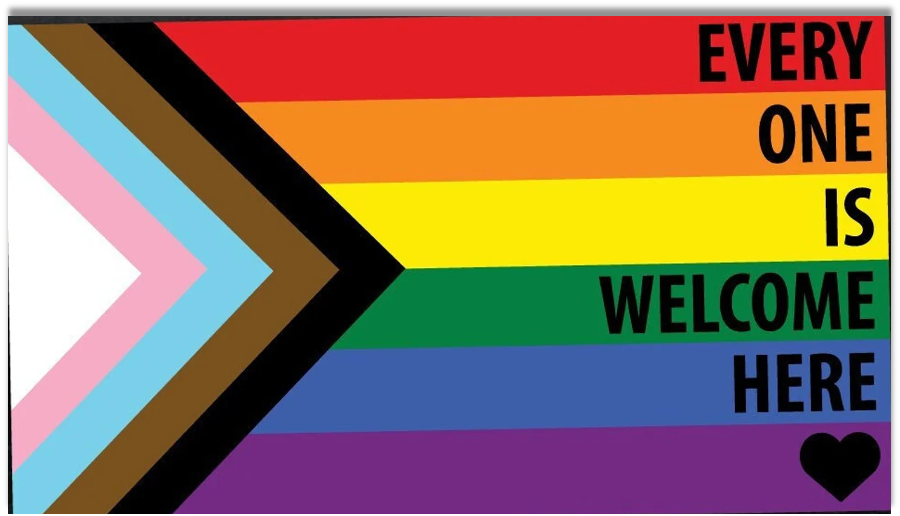CLIMATE CAFES
“Rarely, if ever, are any of us healed in isolation. Healing is an act of communion.” - bell hooks
Upcoming climate cafes:
I will be co-leading a climate cafe specifically for parents and guardians through the Climate Psychology Alliance of North America.
I regularly co-lead climate cafes online through the Climate Psychology Alliance of North America as a member of their public facilitation and training teams. I also periodically offer in-person climate cafes in Western MA.
If you would like to invite me to lead a climate cafe or other climate emotion support offering for your group, organization, or community, please be in touch.
What is a Climate Cafe?
The Climate Psychology Alliance of North America describes climate cafes as:
An informal, open, respectful, confidential space to safely share emotional responses and reactions related to the climate and environmental emergency (i.e. a “container”).
A space for exploration of thoughts, feelings and experiences rather than what we are DOING about the climate crisis.
A quiet, reflective experience - a haven from usual busyness and activity.
Not designed to lead participants to any conclusion or toward action (actions can be discussed, but reflection is paramount).
Climate cafes are free or low cost and open to the public, and offer a supportive environment to connect and share emotions with others concerned about our climate crisis. It is not a place to debate climate change or human impact - given the overwhelming scientific evidence we start with this as a shared understanding. Climate cafes are not therapy groups and do not replace therapeutic support.
Past climate cafes include:
In-person cafes in Western MA have been held at The Hitchcock Center for the Environment, The Interfaith Council of Franklin County, The Kestrel Landrust, The Massachusetts Climate Adaptation Network’s annual conference at Clark University, and at public libraries in Charlemont, Northfield, Shelburne Falls, Sunderland, and Whately.
Recent online climate cafe offerings include through the Mass Ecosystem Climate Adaptation Network, the Shedd Aquarium on behalf of the Climate Psychology Alliance of North America (CPA-NA), and public cafes for CPA-NA.
* Climate cafes are a community support offering, not therapy groups, and participation does not constitute a therapeutic relationship or a mental health care service even when facilitated by a trained counselor.





